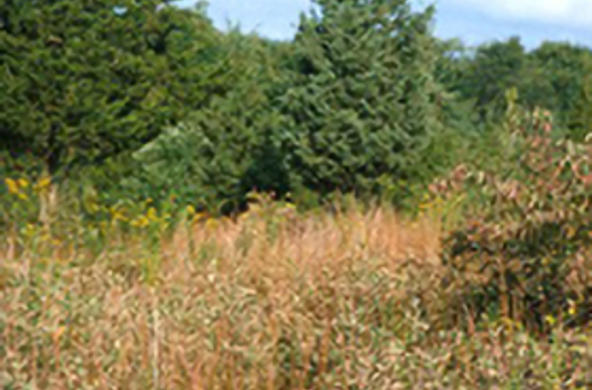
- Profile
- Past Projects
- Publications
Steward Pickett is an expert in the ecology of vegetation, landscapes, and urban ecosystems. The founding director of the Baltimore Ecosystem Study (1997-2016), he also co-directed the Urban Sustainability Research Coordination Network. These projects expanded American urban ecology as an interdisciplinary field, and established lasting connections between urban designers, policymakers, and managers. In addition to co-producing useful ecological knowledge in Baltimore and other cities, the projects serve as models for transdisciplinary social-ecological research and practice.
Pickett’s research focuses on the ecological structure and dynamics of vegetated and urban landscapes, with national and global applications. Among his research sites: vacant lots in urban Baltimore, primary forests in western Pennsylvania, post-agricultural fields in New Jersey, the rapidly urbanizing Yanqi Valley in China, and riparian woodlands and savannas in Kruger National Park, South Africa. Work on the legacies of segregation by redlining in Baltimore and 36 other US cities has opened a scientific horizon on ecology of segregation. Recent work on the environmental justice of green stormwater infrastructure in Baltimore and 19 other cities has suggested how to improve equity of municipal stormwater planning.
These past and existing projects are leading Pickett to explore the urban-rural-wild transformations in the Hudson River Valley region that are driven by social, hurricane, and climate-driven disturbances to New York City. The ecological processes supporting water retention, forest biodiversity, and habitat availability are sensitive to those climate-driven disturbances, but remain unexamined across the Hudson Valley region.
By applying new ecologically informed theory to the massive transformations urban regions are experiencing locally and globally, Pickett is working with other Cary scientists to help convert cities and suburbs from ecological liabilities into ecological assets.
-

Buell-Small Succession Study
The Buell-Small Succession Study is a long term ecological study designed to document old field succession.
-

Baltimore Ecosystem Study
A ground-breaking urban ecology project, the Baltimore Ecosystem Study investigates the ecological, cultural, and economic forces that shape the environmental quality of urbanized areas.
Books

Patch Atlas
Yale University Press, 2020

Science for the Sustainable City
Yale University Press, 2019

The Baltimore School of Urban Ecology: Space, Scale, and Time for the Study of Cities
Yale University Press, 2015

